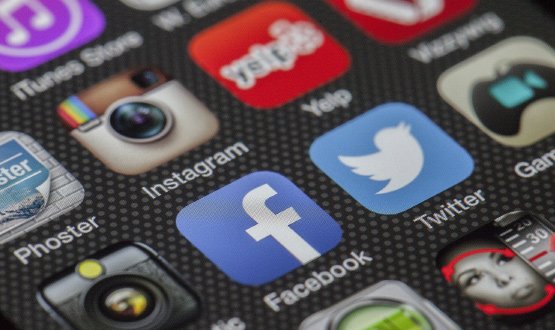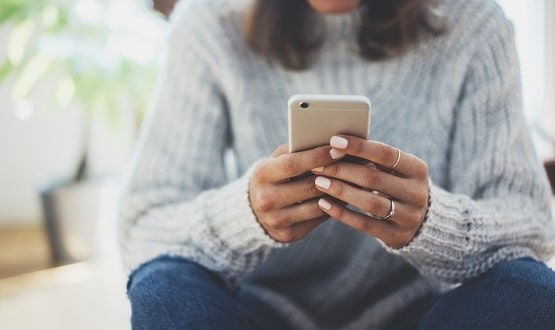Survey questions future of health apps
- 14 December 2015

The use of mobile healthcare apps may be on the decline; before apps have had a real chance to make an impact, according to a new survey.
Of around 1,000 healthcare professionals from across the world that took part in the survey by market research firm Cello Health Insight, 55% said that in the past year they had recommended a healthcare app to patients, but only 36% intended to do so in the future.
Paul Mannu, director of Cello Health Insight said: “Doctors don’t currently associate healthcare apps and wearables with serious preventative disease management tools.
"This is because they are evidence-based professionals and expect to be convinced by evidence that the intervention will benefit the patient.”
He added that a “game-changer” would be evidence of an app that could reduce disease burden for a patient and management burden for a clinician.
This may be some time coming, however, as the survey report notes that there are few health apps in clinical trials that can demonstrate their benefit.
In the UK, Public Health England and the National Institute for Health and Care Excellence are leading on the development of a new model of app endorsement for NHS England that includes some level of assessment, although does not specify the use of randomised controlled clinical trials.
For doctors that have recommended healthcare apps, the most common uses are for diet and weight loss, general health and fitness, and smoking cessation, according to the survey.
Some doctors are also embracing wearable technology to improve people’s fitness; 33% of doctors survey say they would recommend wearable technology to their patients in the future, although just 9% use fitness tracking technology themselves.
As for doctor-patient communications, new technologies lag well behind more established media.
Around 4% of doctors have used Skype to talk with patients and 82% have used social media. This compares to 84% of doctors who talk to patients on the phone and 48% who use email.
When it comes to WhatsApp or WeChat messaging services, there are significant geographical differences.
Just 2% of UK doctors and 4% of US doctors surveyed had used the tool to message patients, whereas the figure is 87% in Brazil and 50% in China; although the number of doctors surveyed in these two countries was considerably lower than in the US or UK.
The survey also showed the power of online search in healthcare; around 69% of doctors say that patients often look up their condition online before a consultation and 62% say that patients arrive having already self-diagnosed from online research.




